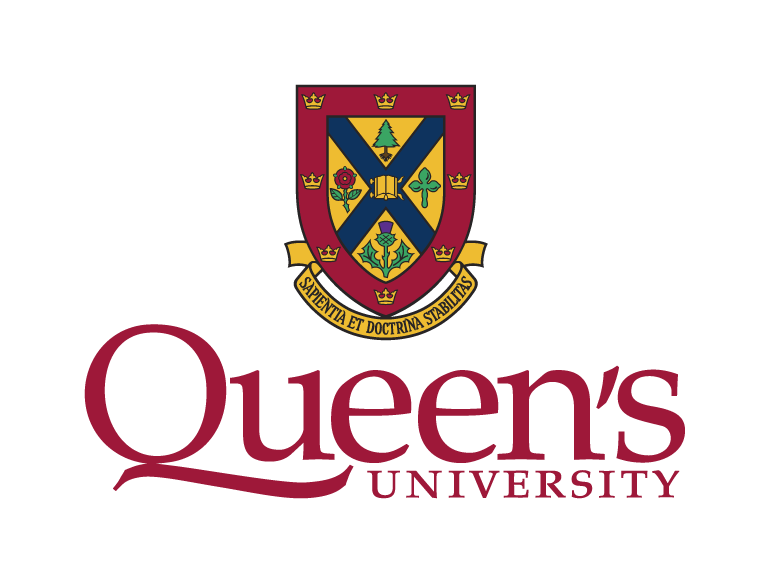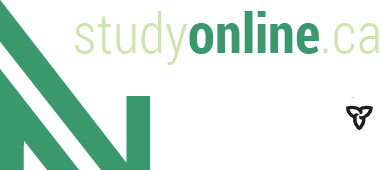Master of Science in Healthcare Quality
Description
The Master of Science in Healthcare Quality (MScHQ) degree will prepare professionals for practice, research and education in the developing area of Health Quality, Risk and Safety. This two (2) year, the part-time, interdisciplinary course-based program consists of eight (8) courses, including a supervised project. Participants will have two (2) mandatory, one-week intensive sessions each year in July or August; the remainder of the program will be a combination of synchronous and asynchronous study using interactive online videoconferencing.
Highlights:
Convenient distance learning
Build on your academic education and enhance your career with advanced knowledge and skills
Spend time each year with a cohort of peers during your two (2) one-week intensive course at Queen's University in Kingston, Ontario, Canada
Experience interdisciplinary team-based learning with faculty and students
Complete a culminating, supervised project on a topic of your choice
Network with students, alumni and leaders in this emerging field
Quality:
Quality care should be the cornerstone of our healthcare system: safe, effective, patient-centered, timely, efficient and equitable. Through paradigm shifts, innovation, effective design change, and cooperation between professionals, quality in healthcare can be improved in Canada and throughout the world.
Risk:
Risk is inevitable in almost every activity. Knowing how to manage these associated risks is a priority. Theoretical and practical application in communication, teamwork, organizational learning, reporting and analysis of systems are just some of the ways we can manage risk, preventing the normalization of deviance.
Safety:
Safety should be of utmost concern in all healthcare institutions. Utilizing innovative and cutting edge practices in change management and healthcare safety, our students will assume leadership roles in their organization, ensuring patient safety mandates are fulfilled.
Objectives:
The overarching objective of the Master of Science in Healthcare Quality (MScHQ) program is to prepare individuals who are considered capable and skilled in linking theoretical foundations of quality, risk and safety with practical applications in healthcare settings, and to develop expertise enabling individuals to assume leadership roles to promote excellence. These skills will be achieved through course work, networking with fellow students and faculty members, and a supervised quality improvement project.
The objectives of the MScHQ Program are to:
Promote, innovate and disseminate, in theory and methods, the discipline of Quality, Risk and Safety in Healthcare.
Engage in research that will enhance quality improvement, risk reduction and promote safety within the healthcare system.
Systemically examine, evaluate and measure and apply current tools and approaches for system improvements.
Enable individuals to assume leadership roles in their organizations to ensure the patient safety mandate is fulfilled.
Practice health care safely in the 21st century with the competencies outlined by Canadian Patient Safety Institute (CPSI) and the World Health Organization (WHO).
Practice in an interdisciplinary environment understanding perspectives of other disciplines and incorporating patient perspectives on quality and safety, and have the capacity to move beyond their immediate local environment to inspire change at the policy level.
Facilitate networking opportunities and a supportive-collaborative learning environment.
Curriculum:
The Master of Science in Healthcare Quality (MScHQ) Program is delivered on a part-time basis over two (2) years by an interdisciplinary team from the Faculties of Health Sciences, Law, and Engineering as well as the Smith School of Business and School of Policy Studies at Queen's University. This team of experts in the areas of quality, risk and safety will provide learners with a unique opportunity to link theoretical foundations with practical application.
Curriculum:
The MScHQ Program delivers online synchronous sessions and asynchronous teaching. It is expected that students will attend the intensive weeks and synchronous session to participate in group activities. Teamwork is an integral component of the program and promotes dialogue on the key issues as outlined in the team assignments. Team-based learning fosters an environment where you can learn from faculty, team members and class members. Group composition is determined by the faculty teaching the course.
Year One:
Intensive Week (July/August): HQRS 840
https://healthsci.queensu.ca/hqprograms/programs/master-science-healthcare-quality/intensive-weeks
Fall Term (September-December): HQRS 841
Winter Term (January-April): HQRS 844
Summer Term (May-June): HQRS 847
Year Two:
Intensive Week (July/August): HQRS 846
https://healthsci.queensu.ca/hqprograms/programs/master-science-healthcare-quality/intensive-weeks
Fall Term (September-December): HQRS 845
Winter Term (January-April): HQRS 842
Summer Term (May-August): HQRS 898
FAQ'S
https://healthsci.queensu.ca/hqprograms/programs/master-science-healthcare-quality/program-faq
Note: Check with the institution regarding start/ end dates, prices, and delivery method. These may vary according to the program, section, and/or semester.
Overview

- Institution: Queen's University
- Program type: Masters Degree
- Language: English
- Program Code: MSCHQ
- Delivery Method: Fully Online/Distance
Disclaimer:
Check with the institution regarding start/end dates, prices, and delivery method. These may vary according to program, section, and/or semester.
Check with the institution regarding start/end dates, prices, and delivery method. These may vary according to program, section, and/or semester.
